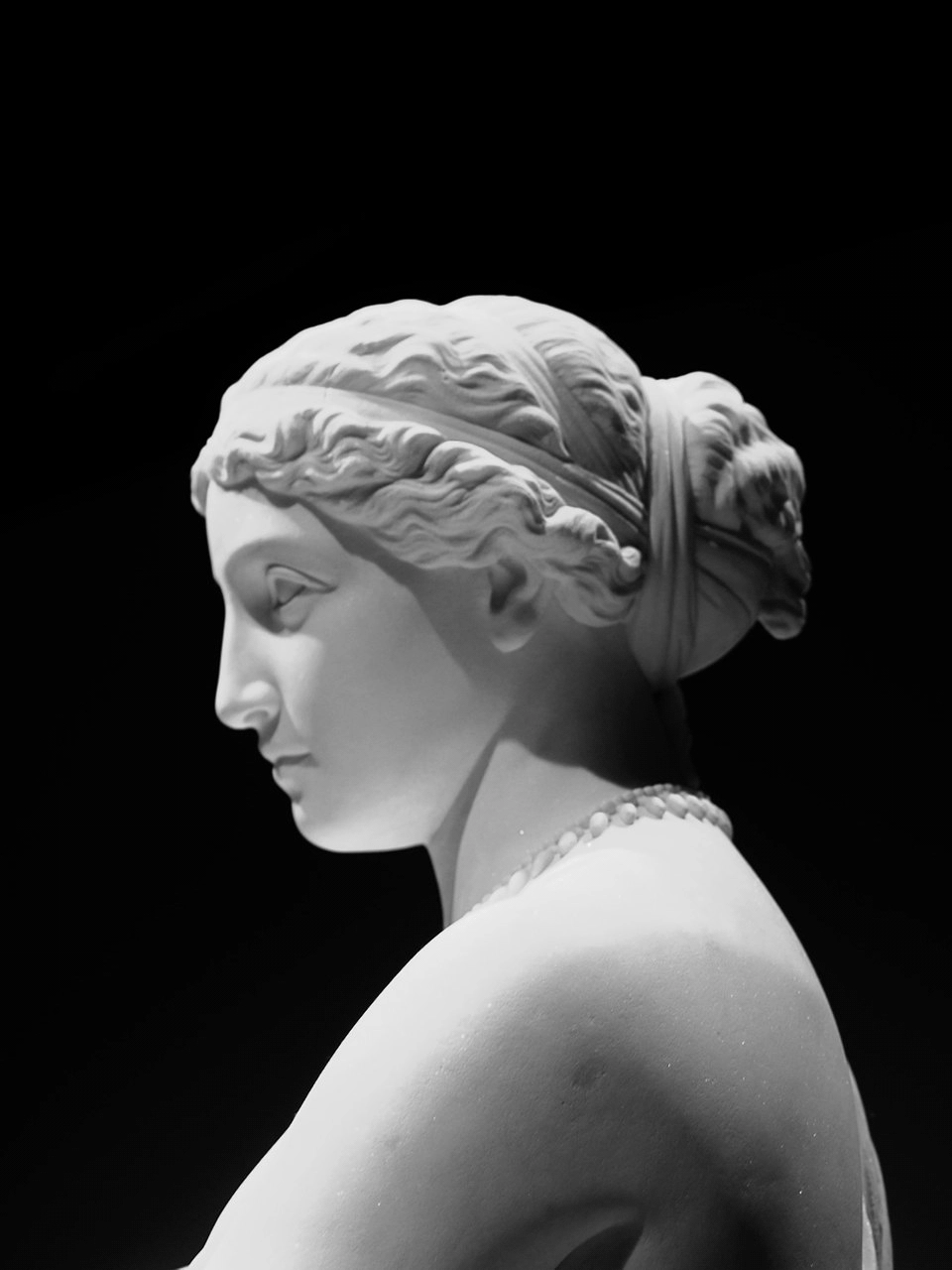
After my marathon month of reading galleys for the Fabulous Fall Reads presentation I gave at the library yesterday, I needed something absorbing, old-fashioned and satisfying to sink into – and I definitely found that with this novel. The Light Years is one of those books that is complete and total cozy comfort reading – but comfort reading that is very insightful, has realistic, well-drawn characters, is observant and funny. Lots of people are just now discovering Elizabeth Jane Howard, probably because after she died last year there was a flurry of interest in her books. Hilary Mantel wrote a passionate endorsement, which certainly got me interested in reading her, and lately Rachel from Book Snob, has urged us to give EJH, and specifically the Cazalet Chronicles, a try on the Tea or Books? podcast.
The Light Years is essentially a family saga featuring the Cazalet family – Brig and the Duchy, their three sons, daughters-in-law and grandchildren. This first novel in the five part series begins in 1937 and ends just as summer is waning in 1938. In this book we’re introduced to all the members of the family, their struggles, fears, joys and interests. The looming war influences a lot of the action and interior thoughts of a majority of the characters, but they’re also plagued by such human concerns as aging, unwanted pregnancy, school hatred, infidelity, forbidden love, illness, etc. It’s absolutely riveting and I so enjoyed losing myself in the lives of this complex family.
I started the second book in the series, Marking Time, the day after I finished this but I had to drag myself away in order to speed read My Cousin Rachel for book club on Tuesday (which is not a hardship, I admit). As soon as I’m finished, though, I’m right back into the lives of the Cazalet clan.
Have you read Elizabeth Jane Howard and the Cazalet Chronicles?
